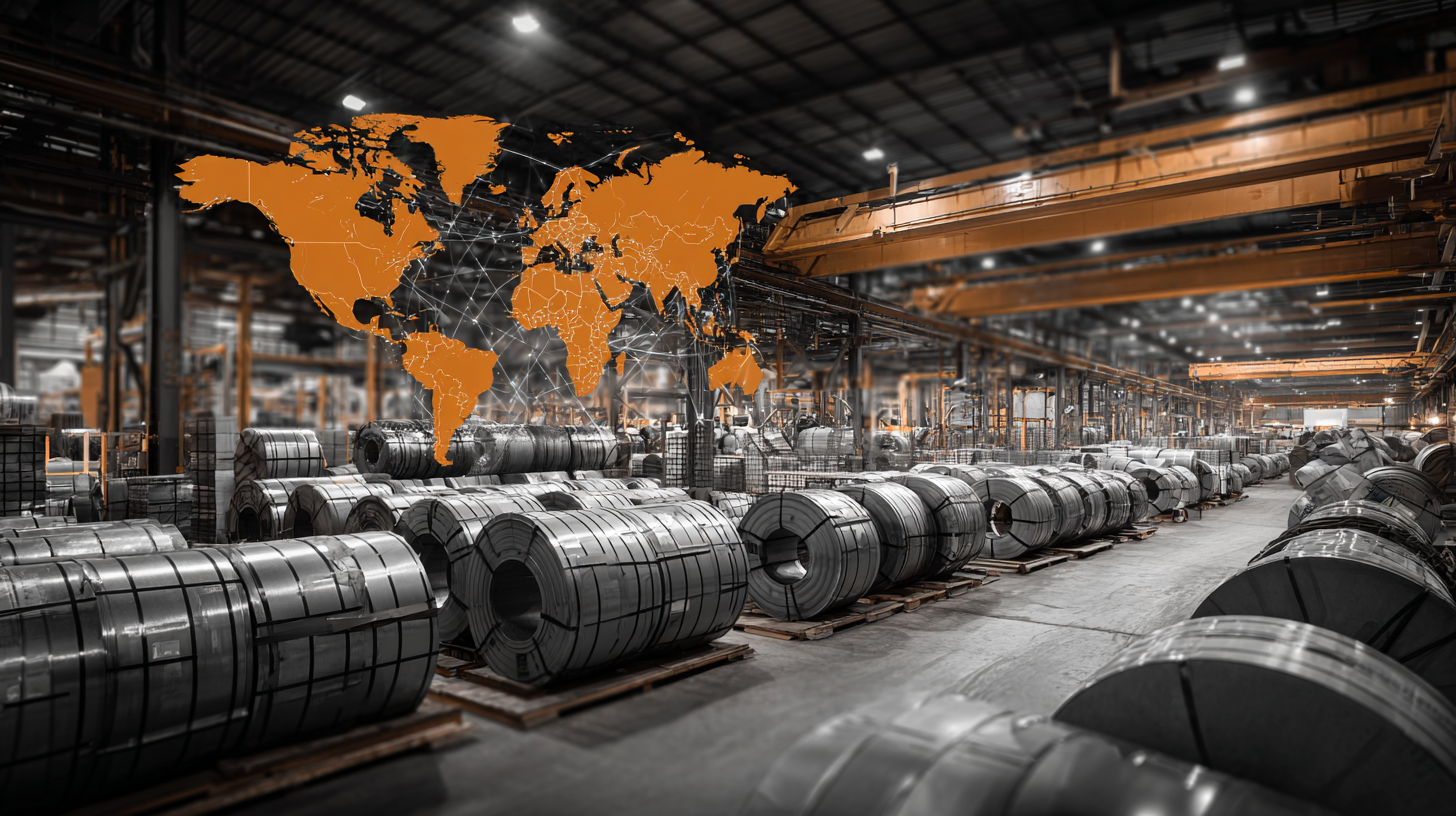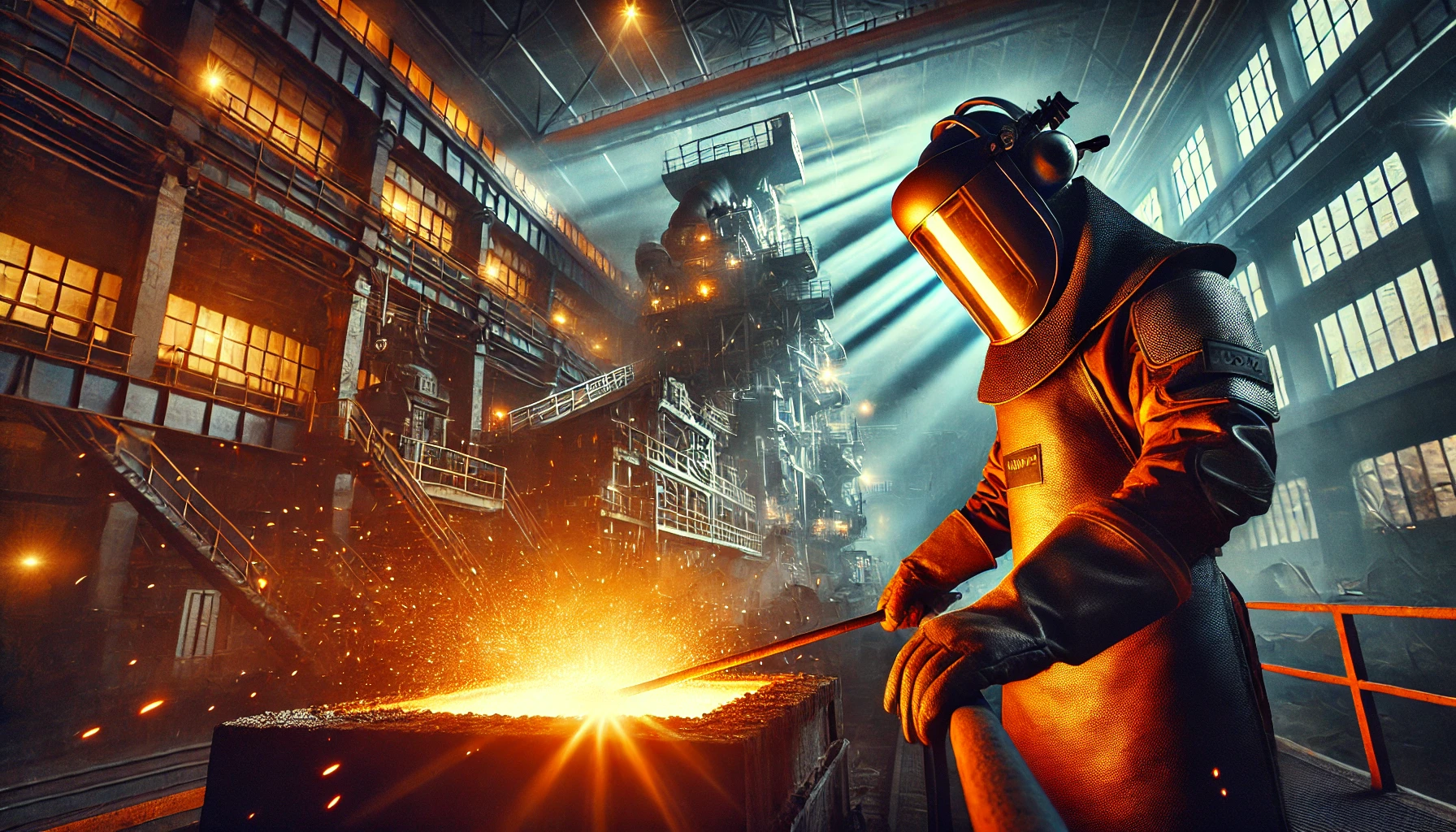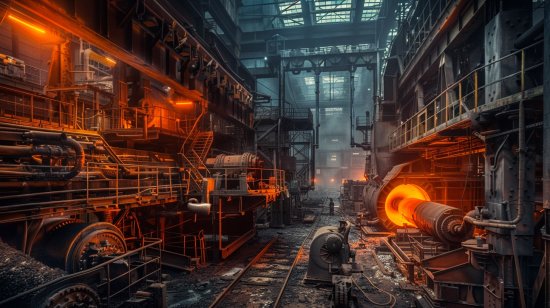Worthington Steel announced it has entered into a business combination agreement to acquire Germany-based Kloeckner & Co, a move that will significantly reshape the North American metals processing landscape. The all-cash transaction positions Worthington Steel as the second-largest steel service center company in North America by revenue and marks a major expansion of its global footprint.
The acquisition brings together two highly complementary metal processing businesses with a combined revenue base of approximately $9.5 billion. Kloeckner & Co operates roughly 110 service center and processing locations across North America and Europe and offers a broad range of products, including carbon flat-roll steel, electrical steel, aluminum, stainless steel, and long products. In recent years, Kloeckner has increasingly focused on higher value-added processing and fabrication, aligning closely with Worthington Steel’s strategic priorities.
Worthington Steel expects the transaction to generate approximately $150 million in annual run-rate synergies, primarily through cost efficiencies, operational improvements, and commercial optimization in North America. These synergies are anticipated to be fully realized by the end of the company’s fiscal year 2028. The deal is expected to be substantially accretive to earnings per share within the first full year of operation.
“This is a strategic and transformative step in Worthington Steel’s growth journey,” said President and CEO Geoff Gilmore. He emphasized that the combination will strengthen customer relationships, expand product offerings, and create new growth opportunities for employees, while reinforcing a shared commitment to safety, quality, and operational excellence.
The transaction values Kloeckner & Co at an enterprise value of approximately $2.4 billion, representing an EV/EBITDA multiple of about 8.5x based on trailing twelve-month results, and roughly 5.5x when factoring in expected synergies. Worthington Steel expects the combined company to maintain margins above 7% while tripling its scale in terms of sales.
The acquisition will be executed through a voluntary public tender offer in Germany, with Kloeckner shareholders receiving €11 in cash per share. The offer is supported by SWOCTEM GmbH, Kloeckner’s largest shareholder, which owns approximately 42% of outstanding shares and has committed to tender its stake. Kloeckner’s management and supervisory boards have expressed support for the transaction, and the current leadership team is expected to remain in place following completion.
Financing for the acquisition will come from a combination of cash on hand and new debt, with the offer fully underwritten and not subject to financing conditions. Worthington Steel expects pro forma net leverage to be around 4.0x at closing, with a stated goal of reducing leverage below 2.5x within 24 months through deleveraging and synergy realization.
Completion of the transaction is subject to regulatory approvals and a minimum acceptance threshold of 65% of Kloeckner’s shares, with closing expected in the second half of 2026. If completed, the deal will create a more diversified, resilient metals processing leader with expanded geographic reach across North America and Europe, positioning Worthington Steel for accelerated long-term growth.





